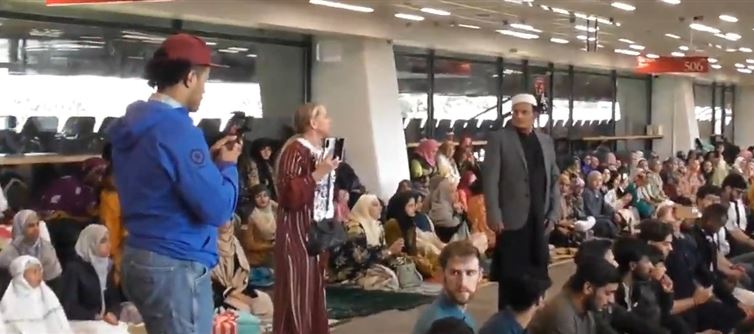
Some critics argue that certain Irish politicians have increasingly vocalized support for the Palestinian cause, aligning Ireland’s foreign policy with humanitarian and anti-occupation narratives. Supporters see this as consistent with Ireland’s own historical experience of colonialism and resistance. However, detractors claim this focus is being used to divert public attention from domestic concerns, such as immigration, housing shortages, or cultural integration challenges. The assertion that “Palestine is being made into an Irish issue” suggests skepticism over whether the cause genuinely resonates with most citizens or is being politically amplified to serve particular agendas.
Still, the framing of such events as a clash between “real Irish people” and minority communities risks fueling division and undermining Ireland’s tradition of pluralism and free expression. While it's legitimate to critique political decisions or question public narratives, targeting religious gatherings—especially those held peacefully—crosses into antagonism rather than constructive dialogue. True patriotism and civic courage lie not in confrontation, but in defending both national values and the rights of all citizens, regardless of background. Open debate, not disruption, is the hallmark of a healthy democracy.




 click and follow Indiaherald WhatsApp channel
click and follow Indiaherald WhatsApp channel